
Hu Xingdou, a professor with the Beijing Institute of Technology, noted the old practices will not work, as history has proved "the more ideological education was carried out, the more complicated people's thoughts became."
The document reiterated that while there is no taboo in academic research, discipline does exist for lectures, demanding that teachers refrain from words and deeds that harm national interests and students' healthy development.
Wang Tianding, dean of the School of Journalism and Communication at Xi'an International Studies University, told the Global Times the school does not currently monitor the information teachers provide in class, and it has faith in young teachers' judgment.
"The best way is to respect the law of education and pass on nothing but truth to students," Hu said.
The document also demanded that young teachers' ideological and political awareness of the Internet be reinforced. It said universities should increase their capacity in strengthening such work through the use of the Internet.
Hu and Wang said that their universities don't have rules over teachers' use of social media, while most government departments and media outlets have their own regulations over staff members' online behavior.
"I think teachers need to be prudent in expressing their opinions online, because they are always followed by their students," said Wei Wuhui, a lecturer at Shanghai Jiao Tong University.
The document also stressed the importance of recruiting Party members among young teachers. "We should pay attention to nurturing candidates as Party members among outstanding scientific research staff, academic leaders and overseas returned personnel, bringing all outstanding young teachers to the Party," it said.

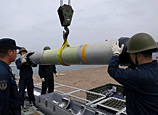

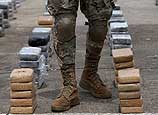


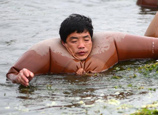
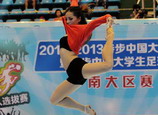
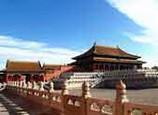
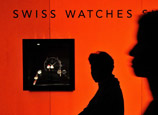







 Modern movie dream in retro Mingguo street
Modern movie dream in retro Mingguo street


![]()
